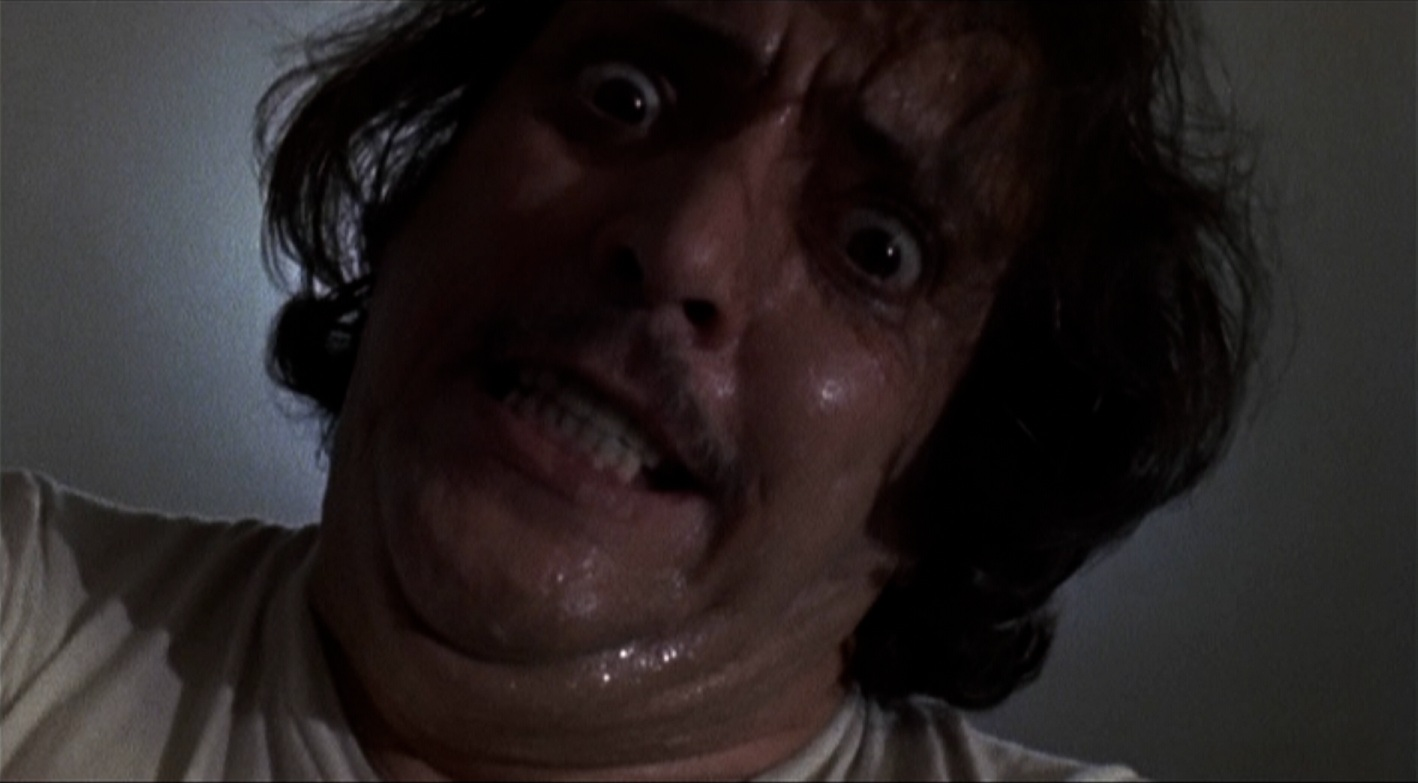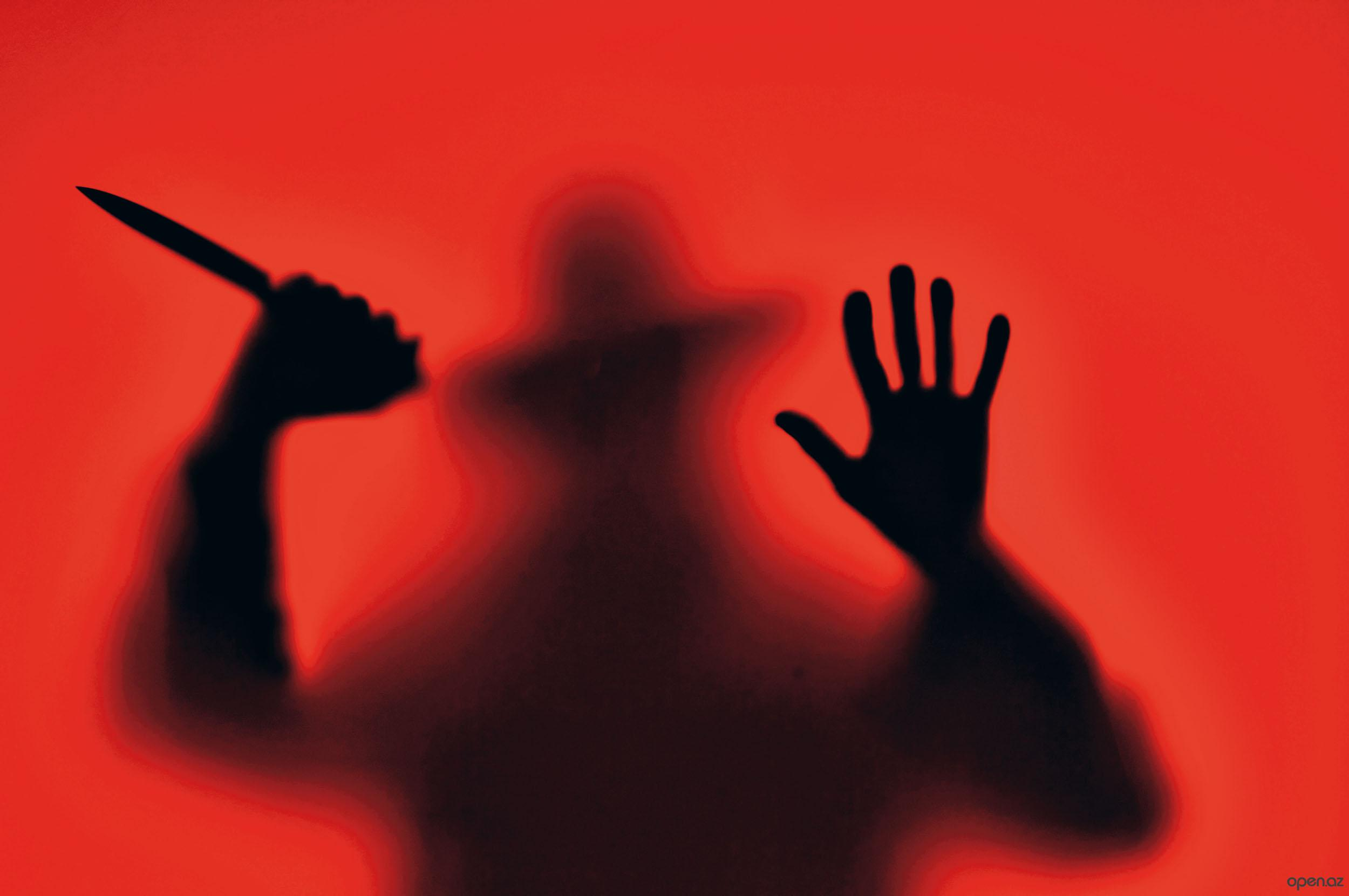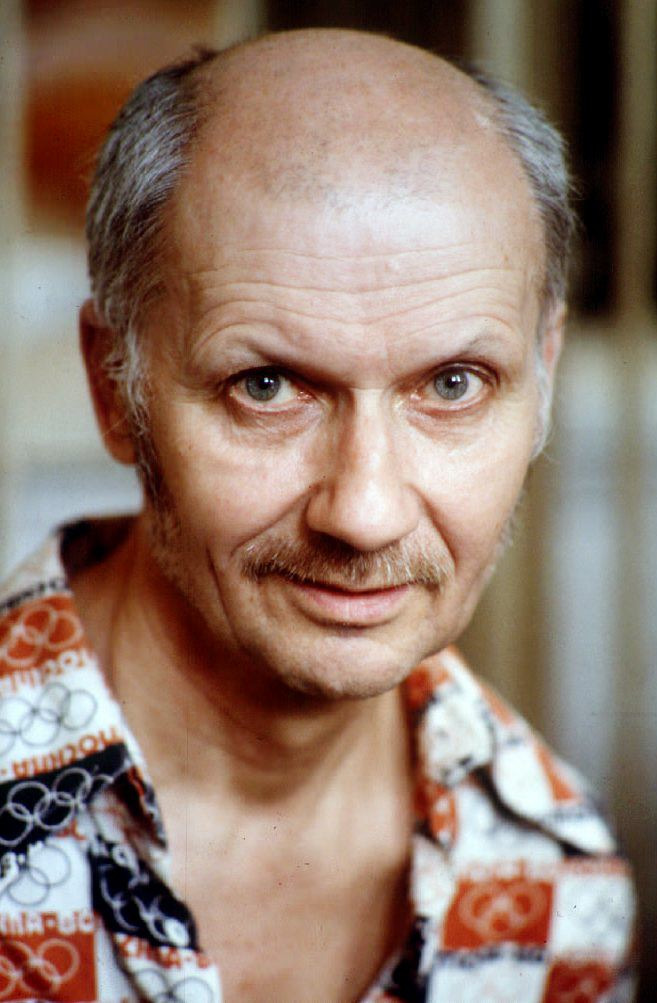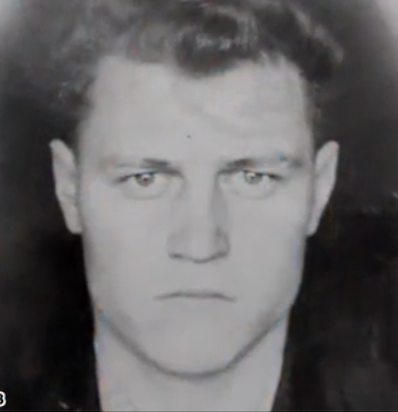Brother
Professional
- Messages
- 2,590
- Reaction score
- 500
- Points
- 83

Respectable family men and impulsive psychopaths, "missionaries" and cannibals, "local" and "itinerant" - serial killers are different, and it is better to know everything about them.
Organized Non-Social: Werewolves
The type of maniacs favored by directors of thrillers and horror films (for example, Buffalo Bill from The Silence of the Lambs). Quiet, modest, unremarkable, law-abiding citizens, wear a "mask of normality", are relatively well adapted in society. There are both single men and family men (Andrey Chikatilo). Such a person, as a rule, makes a good impression, is charming, monitors his appearance and well-being, easily converges with people.

It is believed that members of this type do not have a psychiatric diagnosis. Here, however, it is worth making a reservation: there is also the concept of a "psychological" diagnosis. This means that a person may not have signs of pronounced psychosis (which is the reason and the basis for admission to a psychiatric hospital) - and, nevertheless, be “deeply disturbed,” that is, have profound personality disorders. Under no circumstances can a “normal” person commit crimes committed by maniacs, so any serial killer can be called “sick”, even if he does not have a psychiatric diagnosis.
The life of this type of maniacs is organized, such a person may have a fairly high intellect, often graduate from some university, may show interest in the problems of society, is interested in the media, read articles about his crimes, which he admires ... During interrogation, he behaves with concentration, often has ready answers to the investigator's questions, is very rational and "prudent". He plans his crimes carefully to reduce the risk of being caught. He tries not to commit atrocities near the places where he lives, works or studies. There is, however, the type of neighbor maniac - a "respectable" person whom the neighbors have known for several years. Maniacs use this circumstance in order to lure their victims into a trap (for example, children, since the principle of "not talking to strangers"

A typical example of the considered type of maniacs is Anatoly Slivko, an honored teacher of the RSFSR, who had a family and two children, a drummer of communist labor, a master of sports in mountain tourism, who organized a youth tourist club. The most dangerous serial killer and pedophile.
Disorganized asocial: psychopaths
This type of maniacs is not distinguished by intelligence, as well as by rationality. These killers often have mental pathologies diagnosed by psychiatrists (schizophrenia, mental retardation, etc.). Unlike representatives of the first type, they make a repulsive impression, are sloppy, taciturn, not contact (especially with women), look strange, often alone or live with a relative, have a job that does not require specialization.
Life and everyday life are chaotic and disorganized. The outlook is extremely narrow, they are not interested in the media and the problems of society. They absolutely do not possess reflection, therefore they do not comprehend the crimes committed, often without even remembering some of them. They do not plan anything, they kill the "first comer", do not get rid of evidence, do not hide corpses. A classic example is the Californian serial killer Richard Keyes, nicknamed the "Sacramento vampire" because he drank the blood of his victims and ate the remains. At the age of 10, he was confirmed with the so-called "MacDonald triad" - a set of three behavioral characteristics: zoosadism (cruelty to animals), pyromania (passion for burning) and enuresis (manifests itself after 5 years). Macdonald '

For motive
Serial killers are also divided into "power-hungry" (tyrants) - the main motive for the crimes of such people is the assertion of their superiority over the helpless victim, the desire to compensate for the feeling of their own inferiority (Bob Burdell, David Berkowitz); "Voluptuous" - commit crimes for sexual pleasure (Jeffrey Dahmer, Andrey Chikatilo); "Visionaries" - killer psychopaths suffering from clinical delusions and hallucinations (Herbert Mullin, who killed 13 people in order to "prevent an earthquake"); "Missionaries" - consider themselves judges, are killed in order to rid society of "filth" - prostitutes, homosexuals, people of a different race, etc. (Jack the Ripper, Sergey Ryakhovsky); "Cannibals"
If we talk about the territory in which the murderers commit crimes, then we can also divide the maniacs into "local" and "wandering", that is, those who kill in one region, and those who prefer to move from place to place.
With all this, serial killers usually can rarely be attributed to any one type, more often they manifest themselves as carriers of mixed characteristics.
